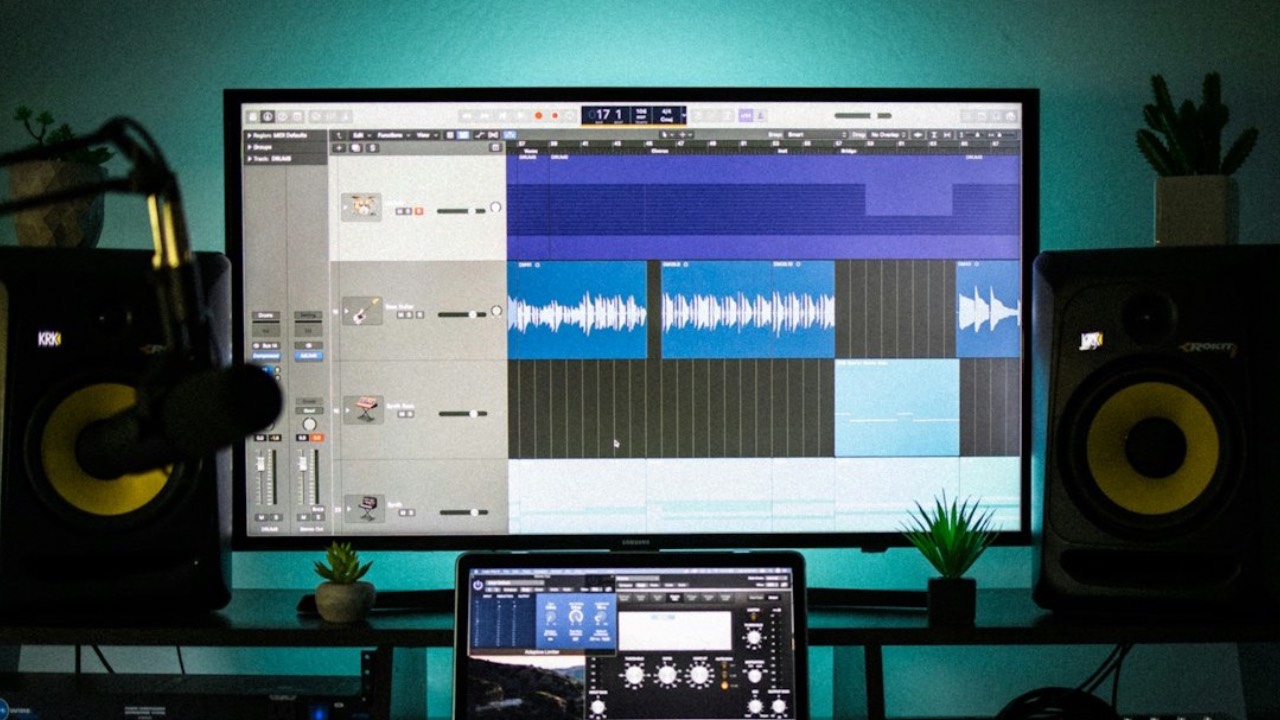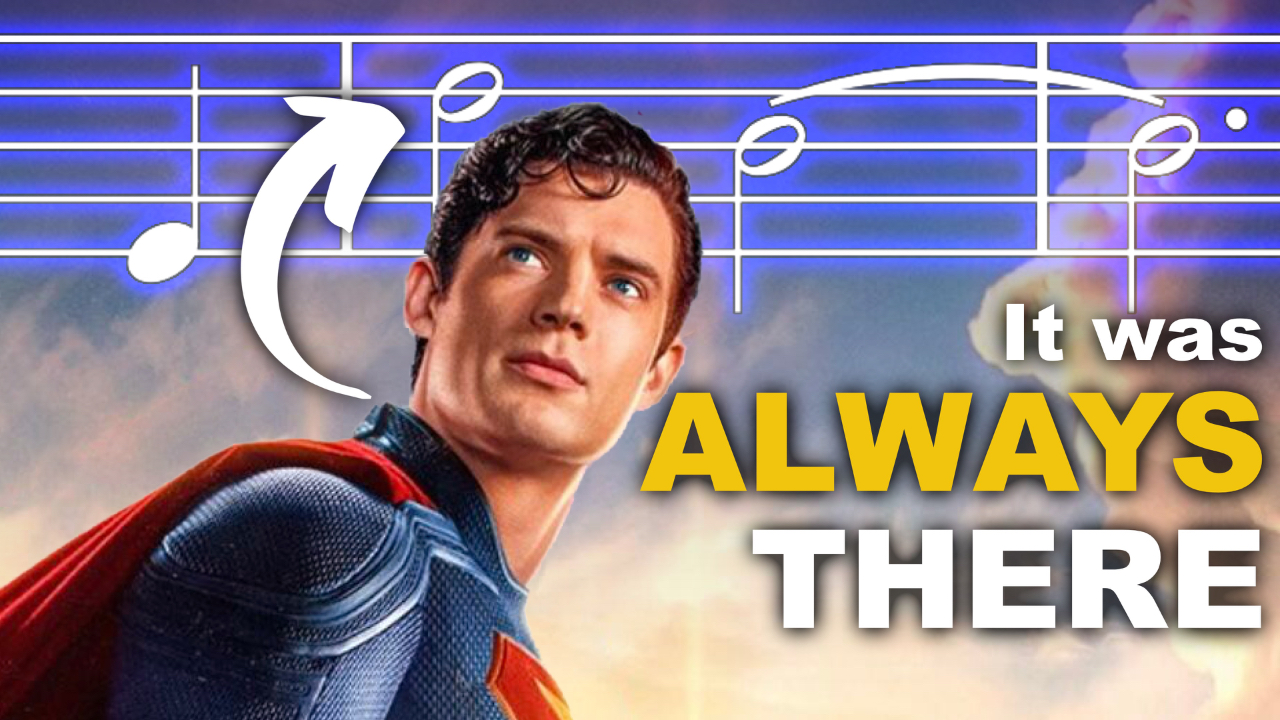🎻 Want More Realistic Mockups?
Apr 18, 2022
I think it's safe to say that we've ALL wanted our mockups to sound more realistic! Usually, we'd spend a whole lot of time focusing on mixing our music just to still be unsatisfied with the sound. So we tweak our EQs and we tweak our compressors and we just keep missing the sound that we want.
What if you could FIX your mixing problems before the mixing stage all together?
The thing is, you can actually fix those problems when you're arranging and ultimately orchestrating! For a lot of composers, orchestration is often confused with instrumentation (learning the qualities, ranges, etc. of different instruments). Good orchestration requires you to effectively apply what you know about instrumentation and arrange in a way that creates a clean and basic mix in the first place.
Okay so we know that good orchestration leads to a better mix...but how do you even START orchestrating? What's the secret?
And the answer to that is...to actually study and replicate scores!
Seriously! It's as simple as reading or listening to your favorite scores. I know, that answer sounds like a cop out, right?
Let's break it down a little bit more, shall we?
We learn from what we're exposed to. So that's why I suggest listening to your favorite film, tv, or game scores!
Of course, you could listen to some Mozart, Beethoven, or Bach but I'm trying to make this a bit more relatable if you're not into classical or baroque music!
Now, I believe there are 3 simple approaches to studying these scores!
-
Analyze any melodic statements, countermelodies, and harmonic movement! (This is where music theory can really come into play)
-
Look for the size of the orchestra (What do 6 French horns sound like compared to 2? Look for an instrumentation page!)
-
Listen to the layout of the orchestra (Where do violins vs cellos fall in your ears? Left vs Right; Close vs Far)
Believe it or not, these are very simple approaches that will drastically improve your orchestration skills! HOWEVER, you have to actually implement them into your own music if you want to see results.
So that's why I highly suggest that you not only study your favorite scores but REPLICATE them as well!
-
If you're using a DAW like Logic or Cubase, use your samples to recreate a realistic mockup while focusing on those 3 approaches.
-
If you're using a notation software like Sibelius, Finale, or even Musescore, you'll get great practice analyzing the melodies, rhythms and harmonic progressions!
If you want a little bit more of an in-depth look at these 3 approaches, then definitely check out today's YouTube video!
So that's it from me! By following these 3 steps, you can get a jump start on your own technique hopefully without all the overwhelm. I hope you got some value today especially if you're new to orchestration and as always...Happy Composing!
Join the Composer Odyssey Newsletter
You're signing up to receive emails from Robert Rodriguez Music.




